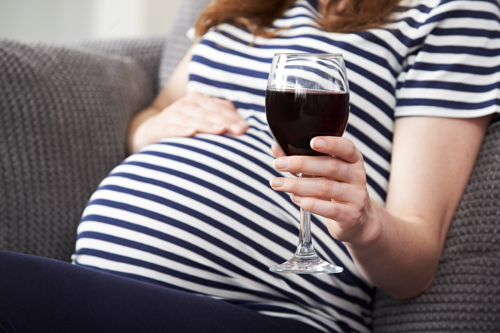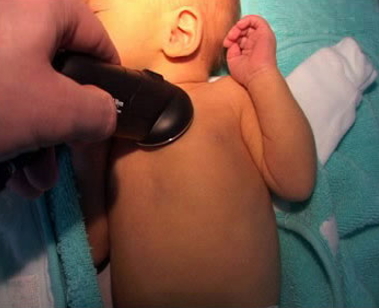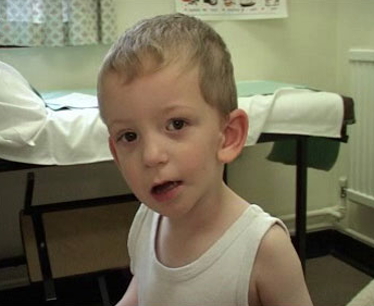Genetics course



This session outlines some of the syndromes, teratogens and most common maternal diseases that cause heart problems.
Learning ObjectivesBy the end of this session you will be able to:
- List some of the syndromes associated with congenital heart disease
- Describe the features of each syndrome
- Outline the cardiac defects of each syndrome
- List the teratogens and their related usual cardiac malformations
- Describe the most common maternal diseases and their associated cardiac malformations
Congenital heart disease is a feature of many different syndromes and may also be caused by external teratogens and maternal conditions such as diabetes.
• Basic understanding of genetics and modes of inheritance
Dr Anjum Gandhi has over 20 years of clinical, teaching and research experience in paediatrics and is a Consultant Paediatrician with training and expertise in paediatric cardiology at the Heart of England NHS Foundation Trust. He is also the Clinical Director for Children’s Services at HEFT and holds a honorary consultant contract in paediatric cardiology at Birmingham Children’s hospital.
Anjum is one of the founder members and the immediate past-Chair and Convenor of PECSIG (Paediatrician with Expertise in Cardiology Special Interest Group). Anjum has organised, chaired and participated in cardiology conferences and meetings for the RCPCH, RSM and PECSIG.
He has authored a number of articles in peer-reviewed journals and presented at national paediatric and cardiac clinical and research meetings. He is one of the authors of the cardiology curriculum approved by the RCPCH as a Special Interest Module (SPIN Module) and the Lead author of Revalidation guidance for PECs. He is also a member of Patient. Info (EMIS) team and has written and reviewed several clinical articles in this role.


- Surgery | Common Surgical Conditions | Skin Head a...
- Posted By eIntegrity Healthcare e-Learning
- Posted Date: 2025-01-14
- Location:Online
- This session outlines the important steps in the management of epistaxis, particularly in terms of recognising and managing anterior and posterior bleeds, and when to refer to an otolaryngologist.
- 02_35 Skin, Head and Neck: Lumps
- Posted By eIntegrity Healthcare e-Learning
- Posted Date: 2025-01-14
- Location:Online
- This session provides an overview of the approach to patients presenting with common head and neck lumps. It describes the common pathologies of benign/malignant and congenital/acquired neck swellings and provides an overview of a safe clinical approach t
- Surgery | Common Surgical Conditions | Trauma and ...
- Posted By eIntegrity Healthcare e-Learning
- Posted Date: 2025-01-14
- Location:Online
- This session will review common causes of back pain and the relevant investigations required to make a diagnosis. We will also review the management of common conditions.
- Surgery | Common Surgical Conditions | Trauma and ...
- Posted By eIntegrity Healthcare e-Learning
- Posted Date: 2025-01-14
- Location:Online
- This session will cover common upper limb peripheral neuropathies.
- Surgery | Common Surgical Conditions | Trauma and ...
- Posted By eIntegrity Healthcare e-Learning
- Posted Date: 2025-01-14
- Location:Online
- This session details the different types of metastatic bone disease, the treatment options available and when prophylactic surgical stabilisation may be indicated.







